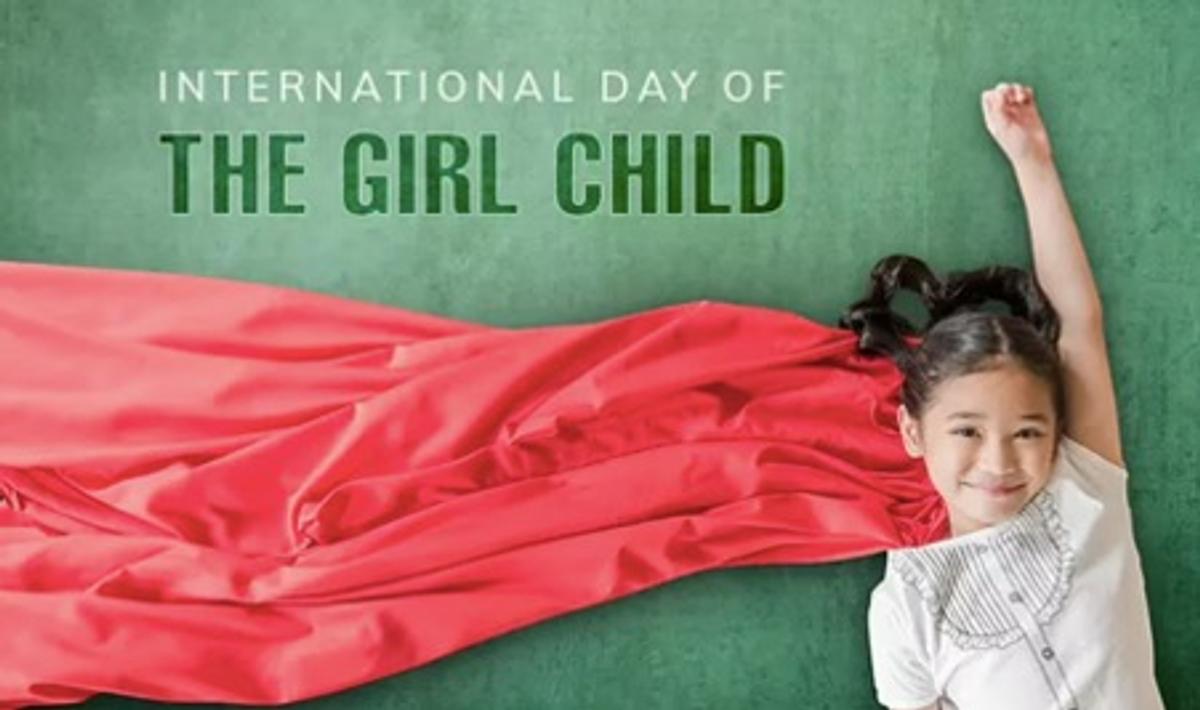International Day of the Girl Child

This week we celebrated The International Day of the Girl Child (October 11). This day focuses attention on the need to address the challenges girls face and to promote girls’ empowerment and the fulfilment of their human rights.
Did you know?
- 2.2 billion people below the age of 25 do not have internet access at home, with girls more likely to be cut off.
- The global internet user gender gap is growing, from 11 per cent in 2013 to 17 per cent in 2019, and widest in the world’s least developed countries at 43 per cent.
In 2021 the International Day of the Girl Child focused on the theme - "Digital Generation. Our Generation". It recognised that the global pandemic COVID-19 has led to the increased use of mobile phones and laptops to fulfil the requirement of education and earning money.
Despite this digital revolution we need to be mindful that some people are at risk of being left behind as this use of technology sweeps across the world. It is significant to realise, within this new wave of change, that there are approximately 2.2 billion people in the world do not actually have access to the internet. Many of those who have missed out are girls! Not only that, girls are also less likely than boys to use and own devices or to know how to use them!
Many girls across the world have lot out during Covid not just because of their lack of access to technology. During the global Covid crisis lockdown measures were meant to stem the spread of COVID-19. However, in many instances these measures have effectively torn millions of children away from quality learning, critical vaccines, nutritious diets and mental health care.
In particular for girls, these disruptions have also come at the cost of their safety. The risk of gender-based violence and harmful practices has risen during the pandemic. And many girls kept from school today will never return, their childhood stolen by child marriage or pregnancy.
Adolescent girls have the right to a safe, educated, and healthy life, not only during these critical formative years, but also as they mature into women. If effectively supported during the adolescent years, girls have the potential to change the world – both as the empowered girls of today and as tomorrow’s workers, mothers, entrepreneurs, mentors, household heads, and political leaders. An investment in realising the power of adolescent girls upholds their rights today and promises a more equitable and prosperous future, one in which half of humanity is an equal partner in solving the problems of climate change, political conflict, economic growth, disease prevention, and global sustainability.
Check out this Photo Essay outlining some of the significant impacts that the Corona Virus lockdowns have had on teenage girls across the world –
https://www.unicef.org/gender-equality/international-day-girl-2021
Kirrilee Westblade
Catholic Identity Leader

